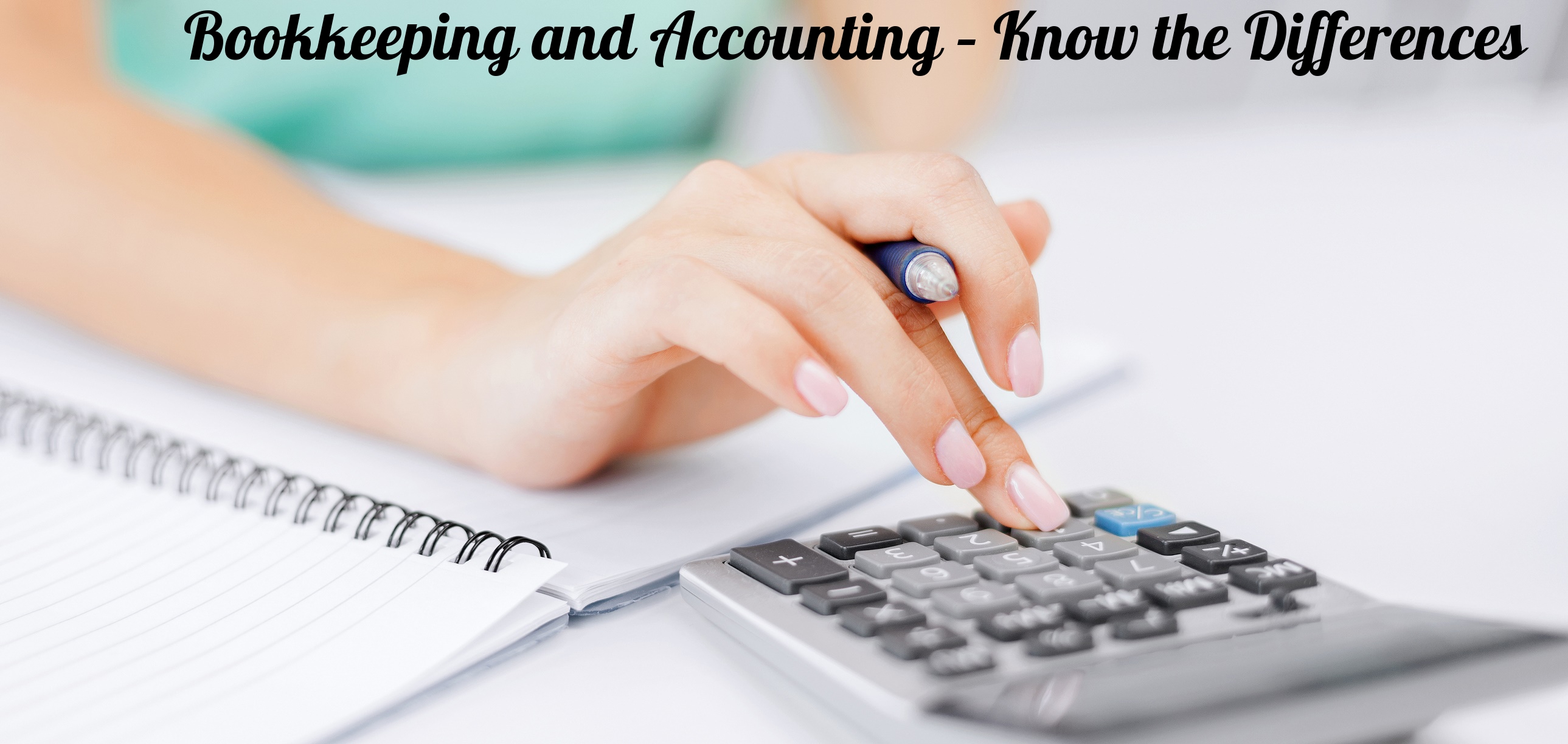
Often, small business owners interchange the important term ‘bookkeeping’ with ‘accounting’ or ‘accounting’ with ‘bookkeeping.’ They should not do that as both these accountancy terms are different.
Bookkeeping and accounting have separate financial functions, and both of them are integral parts of small businesses. It is important to understand these terms because streamlined financial records and organized finances are key to the success of a small business. Understanding these terms also helps when it comes to engaging the right services, i.e., bookkeeping services for small business and accountancy services for small business.
What is bookkeeping?
Bookkeeping is an accounting process of recording all daily financial transactions, both cash and credit, of the business. The one who carries out bookkeeping is called a bookkeeper.
Bookkeepers need to record all the sales, receipts, purchases, and payments transactions of the business in the correct daybook, customer (sales) ledger, supplier (purchase) ledger, or general ledger. You need to keep in mind that a ledger is a principal book. It is the key to the finances of your business; hence, it needs to be accurate.
Bookkeeping can be simple initially, but as the size of your business and the number of transactions increase it can quickly become difficult to manage. In such a case, engaging quality bookkeeping services for small businesses in the UK from a reputable firm like Affinity Associates can be helpful.
Methods of bookkeeping
The two prevalent bookkeeping methods are single-entry bookkeeping and double-entry bookkeeping. Of these two methods, most businesses use the double-entry system. In this system, every entry to an account needs a corresponding and opposite entry to a different account . For example, recording an expense of £20 would need two entries:
- A debit entry of £10 to an “Expense” account
- A credit entry of £10 to a “Cash” or “Credit” account
Bookkeeping can be carried out on a piece of paper or a spreadsheet, like Microsoft Excel. Today, however, much of the bookkeeping is done using specialised accountancy software applications.
Whether carrying out bookkeeping on paper, spreadsheets, or accountancy software, it is a time-consuming task. Furthermore, whether being an expert or not, an in-house bookkeeper (or you if you are doing the bookkeeping yourself), can make errors. For that reason, it is beneficial to engage bookkeeping services for small businesses, where professional bookkeepers will quickly complete the task, under the direction of an experienced accountant, which by the way, minimizes errors.
What is accounting?
Accounting or accountancy is a broad terminology. It deals with summarising, analysing, and reporting financial information of the business. Accountancy or accounting provides information on the current resources available to the business, how those resources are financed, and the results the business achieves through the use of those resources.
The function of accountancy is to prepare statements of the financial affairs of the business. It also includes the analysis of the figures recorded by the bookkeeper in order to ascertain the financial health of the business. Furthermore, the function of accountancy also extends to the preparation of various business taxes and other financial materials.
The one who carries out the accounting or accountancy is called an accountant. Employing full-time, in-house accountants can be very expensive. Therefore, whenever the need arises, engaging certified accountants for small business in London from a firm like Affinity Associates, can be beneficial.
Who qualifies as an accountant?
In the UK, there are no license requirements for anyone to call themselves an accountant. Nevertheless, it is wise to deal only with trained and qualified accountants. Such a qualified accountant is referred to as a CA (Chartered Accountant) or ACCA (Chartered Certified Accountant). In order to achieve a qualification, an individual needs to pass a series of examinations and undergo a period of appropriate work experience.
Accounting can be difficult, depending on the size and nature of the business. Therefore, as mentioned before, engaging accountants for small business can prove to be sensible for a business owner.
So now you know what bookkeeping and accounting are. You can, of course, carry out both bookkeeping and accounting in-house, but they often prove to be uneconomical, especially for small businesses. Therefore, it will be in your best interest to engage both bookkeepers and accountants for small business.
At Affinity Associates, we offer both bookkeeping services for small business and accountancy services for small business in London and across the UK. Contact us today to discover how we can help you keep your books accurate and up-to-date and how we can help you manage the finances of your business. Get in touch with us through the following link https://www.affinityassociates.com/contact-us/.
